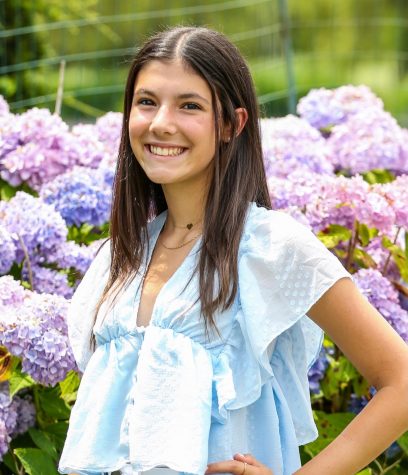Chesed Across Jewish Day Schools
Jewish education focuses on both the academic and spiritual development of its students. All Jewish Day schools encourage chesed participation, but Ramaz specifically has a chesed requirement for sophomore students. Chesed requirements at Ramaz have been a long-standing, yet controversial, aspect of sophomore student life. Until this year, Ms. Benel was charged with ensuring that all students met their chesed hour requirements. Hoping to encourage volunteering and community service, students in grade 10 were required to participate in a minimum of ten hours of community service per semester in addition to two full days of volunteer service through Ramaz. These requirements were approved by Ms. Benel before students could sit for their final exams and get their report cards.
This approach of requiring sophomores to participate in community service arguably defeats the purpose of volunteering. When chesed is mandated by the school, Ramaz students may not feel passionate about their service and may not be helping for the right reasons. Rather than volunteering out of their hearts, students hastily participate in programs that will maximize their hours.
This year with Ms. Benel’s absence and the current pandemic, chesed requirements have been modified for the sophomores. There is no set requirement or specific structure for chesed this year as most live volunteer experiences have been canceled. Rabbi Dov explained, “We don’t want to put stress on students this year because we can’t offer programs in school like we did in past years. For example, programs like Challah baking and sandwich packing have all been canceled this year.” Despite the lack of structured chesed requirements, students at Ramaz have initiated many clubs that accommodate virtual meetings, such as Friendship Circle Teen Scene. Additionally, Ramaz has created a chesed committee that meets regularly to discuss meaningful programs that students can participate in despite the pandemic.
Other schools have implemented different programs to help incentivize students to volunteer in their communities. Most Jewish Day schools do not require students to participate in a specific number of hours or have any consequences for failing to volunteer. They do not have chesed hours or days and allow students to do as much or as little community service as they please.
Charles Fine, a junior at Heschel, explained, “Heschel teaches the students the values of chesed, tikun olam, and tzedek, but students do not have a set number of hours that they have to complete.” He explained that Heschel holds two chesed days per grade each year in which students break into groups and choose an organization to visit and volunteer at with their friends.
As a result of the pandemic, the live days have been canceled, and students have not visited these places with their grades. However, Fine added that Heschel students have volunteered at many virtual organizations as a school through Zoom.
Similarly to Heschel, SAR does not require students to partake in a specific number of chesed hours. Prior to the pandemic, the school would host required grade-wide trips to organizations and provide students with the opportunity to volunteer together. This year, students are not required to volunteer, but the school gave students an optional opportunity to serve food to the homeless. Jack Bernstein, a junior at SAR, explained, “In addition to the trips we take as a grade, there are numerous clubs that are dedicated to community service and volunteering at specific organizations.”
Students at Frisch explained that their school also took each grade on chesed trips to places like soup kitchens, food banks, and nursing homes. However, due to the coronavirus, these trips have been canceled or moved. Rachel Abramovitz, a junior at Frisch, noted that the school continues to provide a strong chesed foundation despite the lack of these trips.




